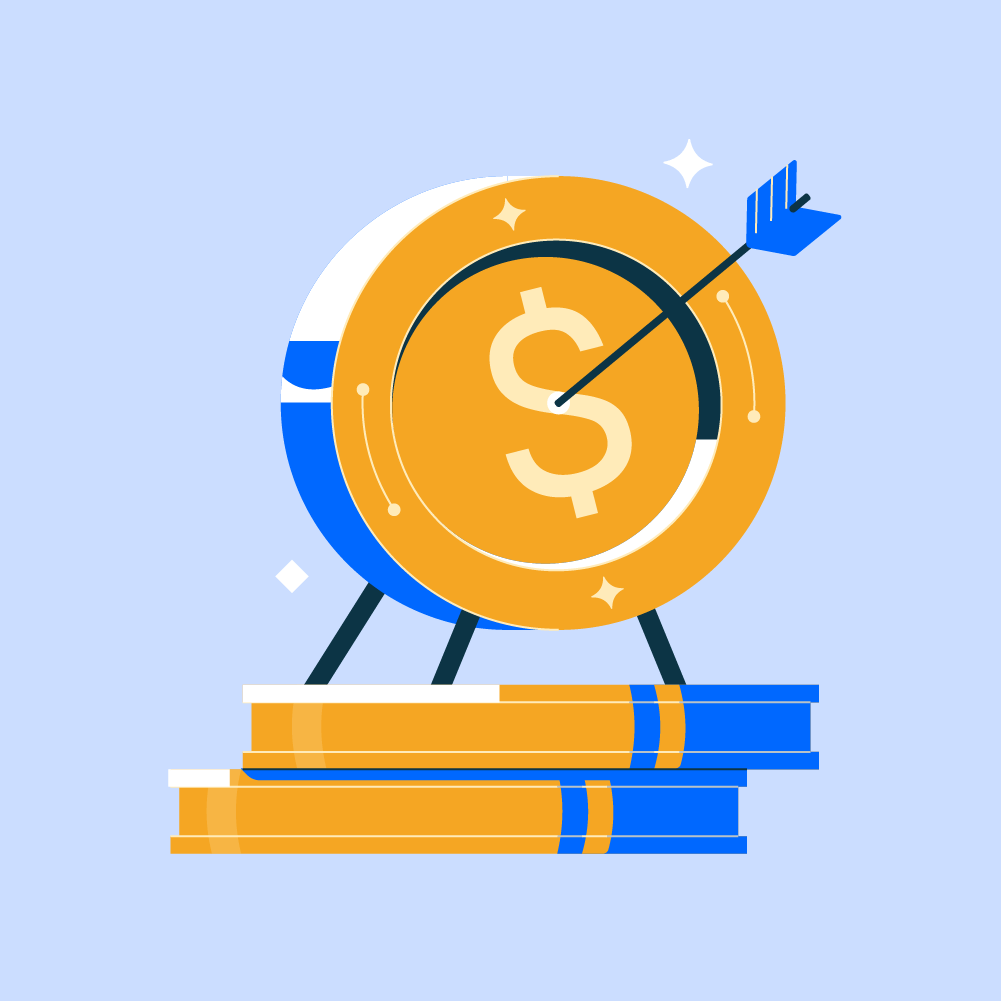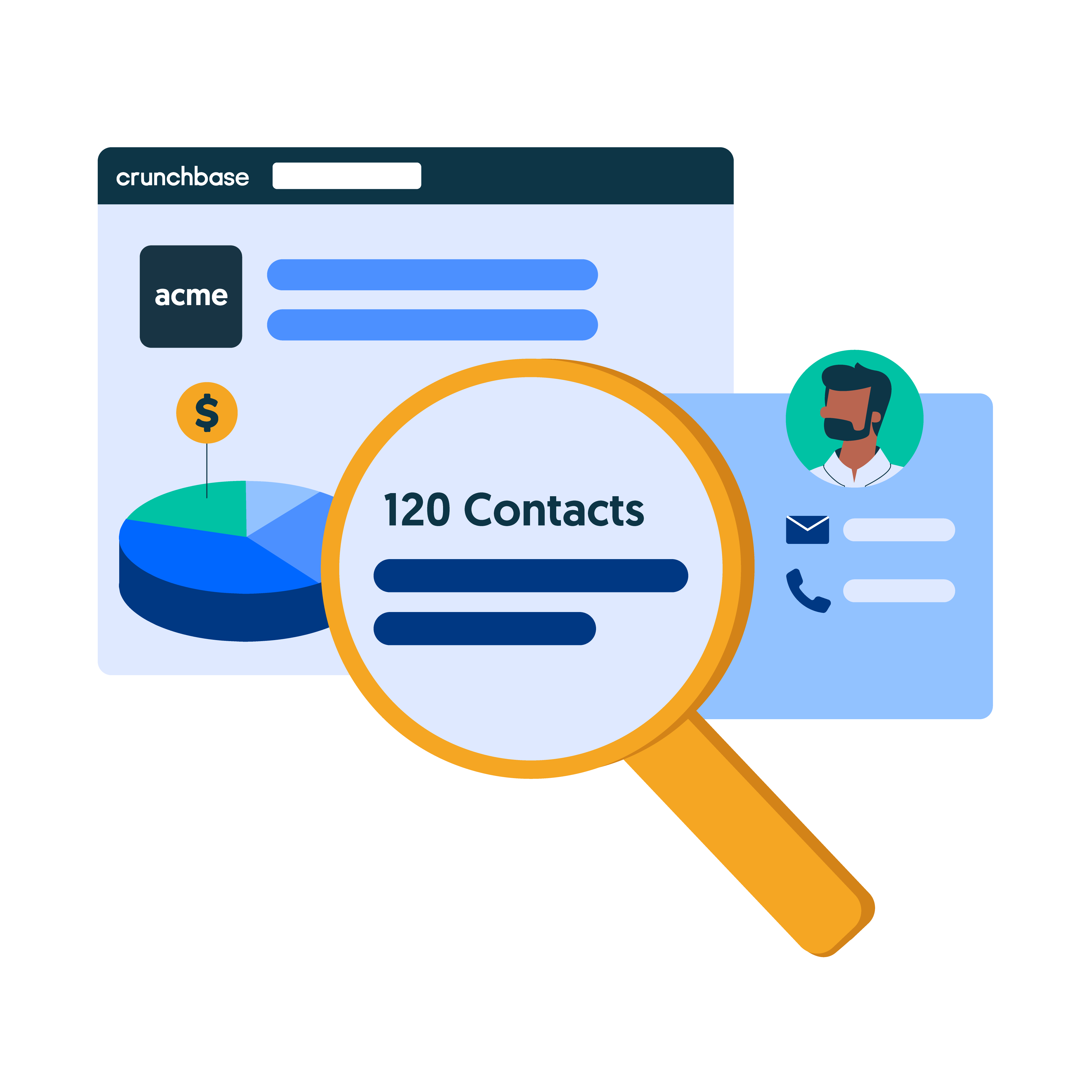Master Your Outbound Sales in Four Easy
Steps
- Use time to save money
- Personalization
- Perfect your messaging
- Master the ideal client profile
Outbound sales get a bad rap. Just a quick perusal of the internet will bring you countless articles on why companies should focus all of their resources on inbound marketing. This is confirmed by a Hubspot report, which found that 74 percent of companies primarily use inbound over outbound.
However, while inbound sales and marketing may be a viable strategy for established businesses, it is often too forward-thinking and costly for early-stage businesses to focus on. Many startups simply don’t have the resources required to perform a dedicated inbound marketing campaign.
1. Use Time to Save Money
Companies are often led to believe that an effective marketing strategy is expensive. However, this is largely due to a faulty thought process that discredits the much cheaper outbound sales without even trying it. The greatest limiting factor against outbound sales is time. Meticulously going through lists of leads, researching them, and finally emailing them can be a long process, even with a mastery of sales prospecting as well as prospecting tools to help your efforts.
Established companies can afford to bypass this and focus on inbound marketing solutions. However, in the initial stages of a company, startups often have more time than money. Finding a cost-effective solution to marketing is an important part of early-stage growth and thus outbound sales is an increasingly viable solution.
Master the Cold Email: Quantity Meets Quality
The true beauty of cold emailing is that you don’t need unlimited resources to be successful. Cold emailing typically gets a ten percent response rate. This means that a single dedicated sales representative sending out 100 emails a day should be able to obtain ten quality leads. Of course, if no one answers your cold emails or is responsive to your cold calling script, you’re doing something wrong.

Photo source: The one cold email that actually gets everything right (and three that come close) (Nutshell)
You’re either targeting the wrong group of people or your cold email messaging needs to be improved. Make sure you’re following these cold calling tips as well as the best practices for your cold emails.
Outbound lead generation, affectionately known as “hustling,” gets a bad name simply because so many people are bad at it. While it’s not as sexy as more modern forms of marketing, it’s key to scalable growth for smaller companies. Before thinking of the future, companies need to think of the present – here’s why the hustle is still important.
2. Personalization Is Key to Success for Outbound Sales
Many people stray away from outbound sales because of a preconceived notion that it doesn’t work. Perhaps they had a bad experience with it in the past. Or perhaps they read one of the many articles on the internet. Indeed, there is an art to it: Outdated cookie-cutter approaches simply won’t cut it anymore.
Cold emailing can be an incredibly cost-effective approach for those looking to jumpstart their growth, but if done incorrectly it can be catastrophic – you can’t get back all that wasted time. In order to avoid low response rates, you need to do research on each potential client before reaching out to them.
Personalization is crucial. You want to show the recipient that you truly have done the research and are interested in working with them.
Rather than being generic, be specific with what you are asking the person to do. Furthermore, including a call to action statement will allow you to quickly gain contact with the right person, allowing you to go one step further into converting them into a client.

Photo source: 5 Ways to Send Super-Personalized Cold Emails (Talking Talent)
In a well-publicized example, Salesforce gained $100 million in revenue from outbound sales in just a few years. After wasting precious time in its early stage with outdated methods, Salesforce tweaked its outbound sales to tremendous results in large part by personalizing each message to the specific recipient. Seeing how far Salesforce has come today is proof as to the power of outbound messaging for young companies.
3. Perfect Your Messaging
Startups often don’t know exactly who their ideal client is at the beginning, making it hard to strategize marketing campaigns. Finding out the profile of the perfect buyer is essential to early-stage growth. If you hit your customer target spot on from the beginning, you’ll be able to gain valuable insight for your customer growth.
Outbound sales gives you a greater opportunity to do so as you are able to search for. Then you can reach out to specific people who you think will be interested in your product. With up-to-date sales prospecting techniques, you are able to target who you want, see which bite more often, and then target brands that look exactly like them. Inbound marketing is limited in that you can only find the person when they’re actively looking for you.

Photo source: The Importance of Targeting in Marketing (And How to Include It in Your Strategy) (Alexa Blog)
4. Create the Perfect client Profile
Once you have the messaging down, you can then use the same strategy like clockwork, massively expanding your growth potential. Outbound sales allows you to be more aggressive in the early stages giving you the ability to skyrocket your growth.

There are obvious benefits to both inbound and outbound sales. Companies that learn to use both effectively will be able to see consistent success as their company scales. However, in the beginning, there really is no question which is king – performing the outbound hustle is simply the best way to boost growth.






